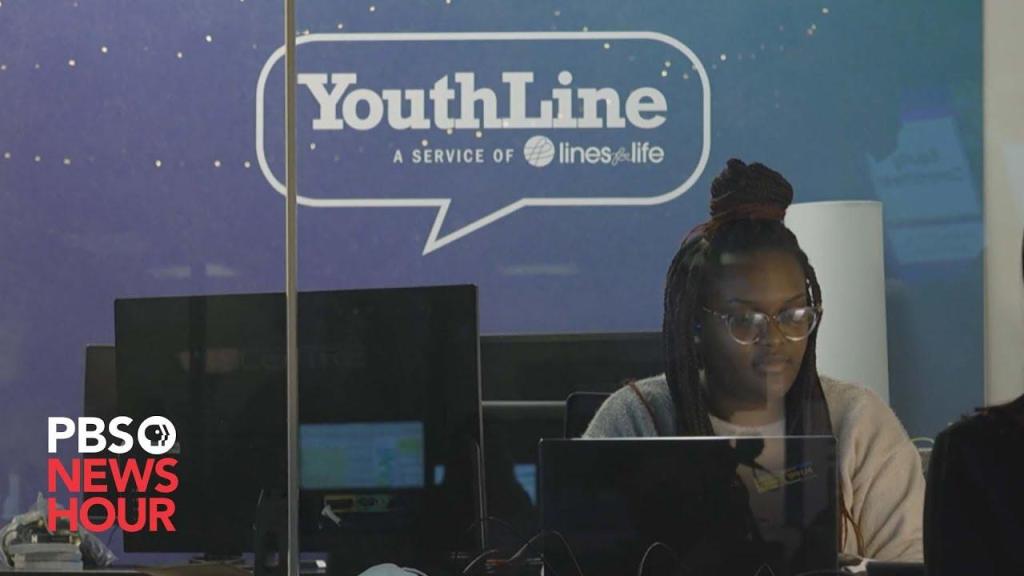Editor’s Note: If you are having thoughts about taking your own life, or know of anyone who is in need of help, the 988 Suicide & Crisis Lifeline is a United States-based suicide prevention network of over 200+ crisis centers that provides 24/7 service via a toll-free hotline with the number 9-8-8. It is available to anyone in suicidal crisis or emotional distress.
Mental health is a top-of-mind issue for a lot of people. Thanks to social media and people being more open about their struggles, the stigma surrounding seeking mental health treatment appears to be diminishing. But after the social and emotional interruption of teens due the pandemic, the mental health crises among adolescents seem to have jumped to record numbers.
PBS reports that Oregon is “ranked as the worst state for youth mental illness and access to care.” But they’re attempting to do something about it with a program that trains teenagers to answer crisis calls from other teens. They aren’t alone though, as there’s a master’s level supervisor at the ready to jump in if the call requires a mental health professional.
The calls coming into the Oregon YouthLine can vary drastically, anywhere from relationship problems to family struggles, all the way to thoughts of self-harm and suicide. Teens manning the phones are provided with 60 hours of training and are taught to recognize when the call needs to be taken over by the adult supervisor.
“We’re not medical professionals. We’re like a sidekick, really. The person has the option to choose what they want to do,” Mia, a YouthLine volunteer, told PBS NewsHour. “They’re like the hero of the story. We’re just there to assist them to make that choice.”
The uniqueness of this program is the fact that teens are helping teens, and while that may seem strange to some, William Brangham revealed to PBS NewsHour that research shows teens actually cope better with stress when interacting with peers. A study from 2017 shows that interacting with peers after a particularly stressful event helps calm emotional upset.
Surprisingly, the program isn’t new. It’s been around for 20 years and has mostly received calls from Oregon, but since 2021, calls have been coming from all over the country. Since fielding crisis calls can take a toll on anyone who does it, YouthLine has worked to combat the impacts on the volunteers.
“Woven into all of the mentoring, all of the training are these—these safeguards for these young people, that we have contact information for their parents. We can reach out to them if they need to. They do check-ins every day after every shift. We underestimate the capacity of what young people can do to help other young people. As adults, it’s easy for us to say they can’t do that. But they can,” Emily Moser, YouthLine’s director told PBS.
The program won’t solve the mental health crisis amongst teens, but it can certainly help fill in the gaps.
Watch the full segment below:


































